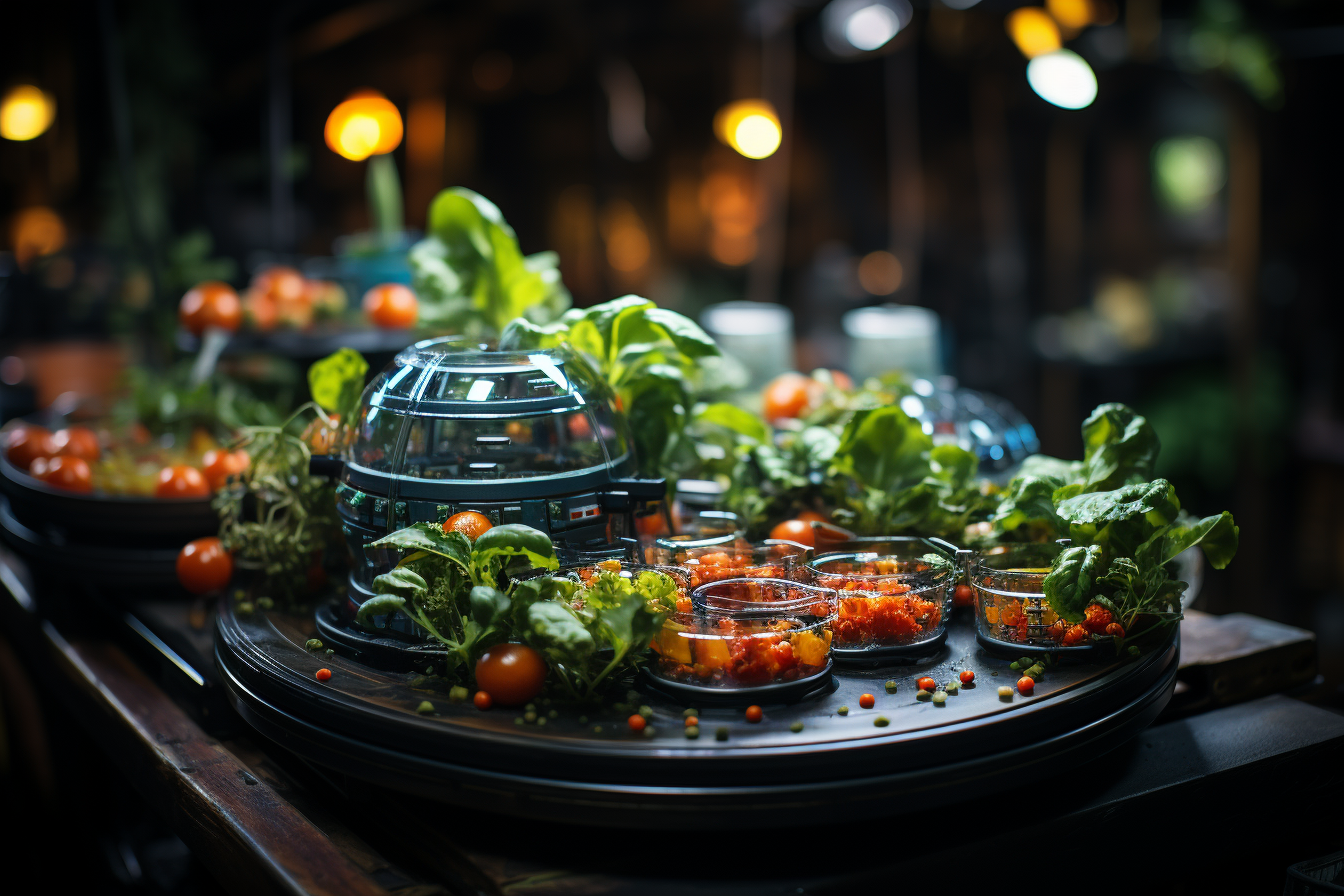Sustainability and Innovation: Pioneering the Future of Food
there are already people and companies working on the creation of "Future Foods." Future Foods are foods that utilize innovative technologies and approaches to be produced in a more sustainable, healthy, and resource-efficient manner. Here are some examples of trends and technologies in the field of Future Foods



Beyond Meat: Beyond Meat is known for its plant-based meat alternatives, which are made from ingredients like pea protein, beet juice extract (for color), and coconut oil to replicate the taste and texture of traditional meat products. Their products are designed to be more sustainable and environmentally friendly compared to conventional meat production.
Impossible Foods: Impossible Foods is famous for the "Impossible Burger," a plant-based burger that closely resembles real beef in taste, texture, and even "bleeds" like meat due to the use of heme, a molecule found in both plants and animals. The company's mission is to reduce the environmental impact of meat consumption.




Memphis Meats: Memphis Meats focuses on producing cultivated (lab-grown) meat. They grow meat by multiplying animal cells without the need to raise and slaughter animals. This approach aims to reduce the environmental footprint of meat production and address ethical concerns related to traditional livestock farming.
Just (formerly Hampton Creek): Just is known for its innovative plant-based food products, including egg substitutes made from mung beans and other plant ingredients. They aim to create sustainable and affordable food options without compromising on taste or nutrition.




Novameat: Novameat is pioneering 3D printing technology for plant-based meat products. Their approach allows for precise control over the texture and structure of the food, opening up exciting possibilities for customized plant-based meats.
Nutrigenomix: Nutrigenomix offers genetic testing to provide personalized nutrition recommendations. By analyzing an individual's genetic profile, they aim to offer dietary guidance tailored to specific genetic factors.




Algama: Algama uses microalgae to create sustainable and nutritious food products. They have developed algae-based foods like pasta and protein-rich powders, tapping into the potential of algae as a highly renewable protein source.
Entomo Farms: Entomo Farms specializes in insect farming for human consumption. Insects are rich in protein and can be raised with fewer resources compared to traditional livestock, making them an environmentally friendly protein source.




Finless Foods: This company is at the forefront of producing cultivated fish meat. Their goal is to offer seafood options without the need for overfishing or harming marine ecosystems.
Clara Foods: Clara Foods focuses on fermenting microorganisms to produce animal-free milk proteins. They aim to provide sustainable and ethical alternatives to traditional dairy products.
There are many more developments in the field of Future Foods, and research and innovation in this area are continually advancing. The goal is to create more sustainable, healthier, and resource-efficient food options to meet the needs of the growing global population.









